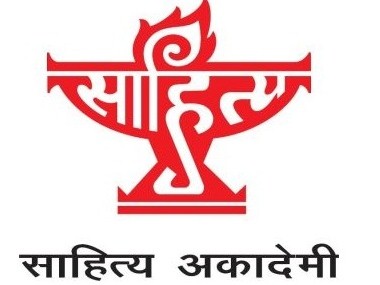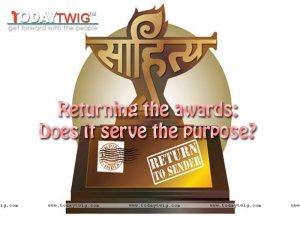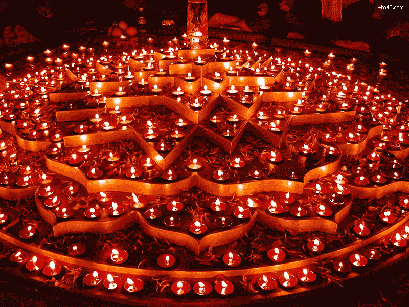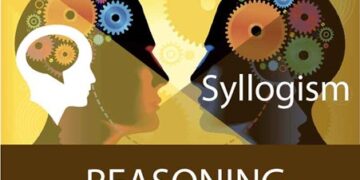Returning of awards is nothing but pseudo-secularism
 Sahitya Akademi Award is An Indian literary honor. India’s National Academy of Letters annually presents awards to the most outstanding books of literary merit published in any of the major Indian languages. The award’s purpose is to recognize and promote excellence in Indian writing and also acknowledge new styles trends. The annual process of selecting awardees is carried on for the preceding twelve months.
Sahitya Akademi Award is An Indian literary honor. India’s National Academy of Letters annually presents awards to the most outstanding books of literary merit published in any of the major Indian languages. The award’s purpose is to recognize and promote excellence in Indian writing and also acknowledge new styles trends. The annual process of selecting awardees is carried on for the preceding twelve months.
Recently, since past one week, returning awards has become the latest fad in India amongst the creative fraternity. The main impulse for returning the awards, is the academy’s failure to publicly protest the murder of M.M. Kalburgi – a prominent atheist scholar in late August this year and for some recent lynching of a Muslim man by a Hindu mob on suspicion of his having consumed beef which points at a growing climate of intolerance and ill health of communal harmony. The list of those who have returned their awards includes poets, playwrights and authors from various parts of the country, working in several Indian languages.
Frankly speaking, participants got a better millage by returning their award on social media. They got more prominence and this gave them an inflated feeling of contributing to the society. Ironically, many people who returned awards don’t have a detailed idea about Kalburgi’s work, or what is truly happening in the society. Many literary writers who refused to return the awards have stated they have been pressurized by many in fraternity to do so. The best part is the task of returning award and calling the journalists for interviews is meticulously carried out by the participants. Thus, participants get their share of fame not only on social media, but on good old television channels and news media.
Look at the hypocrisy, most of the award returnees are unable to clarify the reasons for returning their awards; what are they opposing? What is upsetting them? In fact, they fail to understand that the award returning event is fanning communalism.
In past, Rabindranath Tagore returned his Knighthood after the Jallianwala Bagh massacre in 1919. In more recent times, eminent writer Khushwant Singh returned his Padma Bhushan in 1984, protesting against Operation Bluestar, but later he accepted a Padma Vibhushan in 2007. Both, Tagore and Khuswant Singh were clear on their stand of returning their awards.
 Writers and poets are artists; it is more important for them to identify themselves with the public at large, they must give voice to public’s feelings and emotions. The awards are hopes that the society and the nation have more persons of higher caliber and excellence. Isn’t the return of awards an absolute murder of this hope? It is expected of learned writers and the honorable awardees of Sahitya Akademy to promote communal harmony instead of igniting the feelings of differences and insecurity among the minorities.
Writers and poets are artists; it is more important for them to identify themselves with the public at large, they must give voice to public’s feelings and emotions. The awards are hopes that the society and the nation have more persons of higher caliber and excellence. Isn’t the return of awards an absolute murder of this hope? It is expected of learned writers and the honorable awardees of Sahitya Akademy to promote communal harmony instead of igniting the feelings of differences and insecurity among the minorities.
Lastly, when India is excelling in technological and scientific advancements and the nation is progressing on many fronts as creative people the writers and poets must set honest examples for the future generation. Furthermore, holding the present central government responsible for anything and everything from communal harmony, farmer’s suicide, judiciary delays, acts of intolerance, for which respective state governments are responsible, is an unsupported excuse that can hardly justify returning of awards.












































